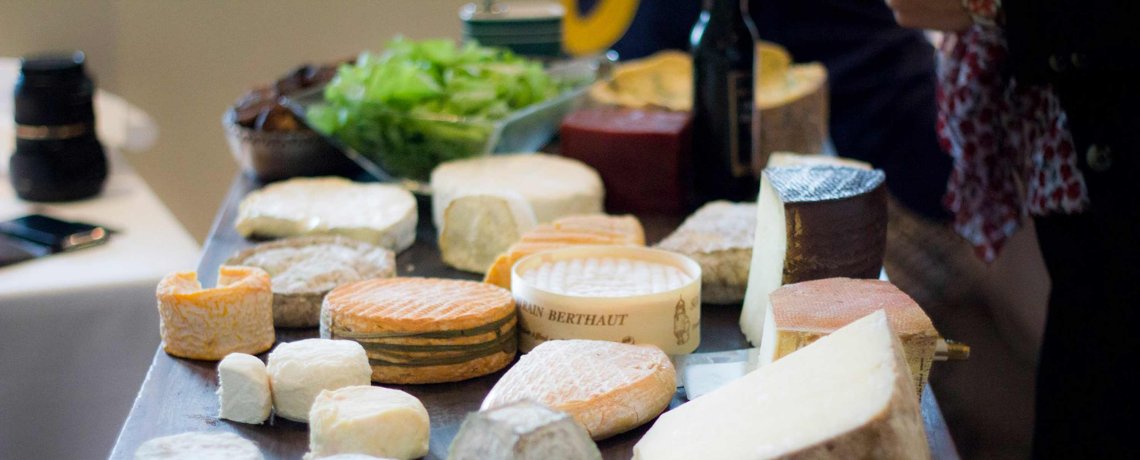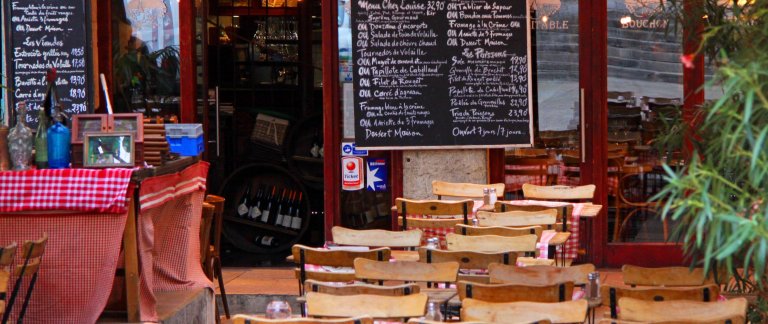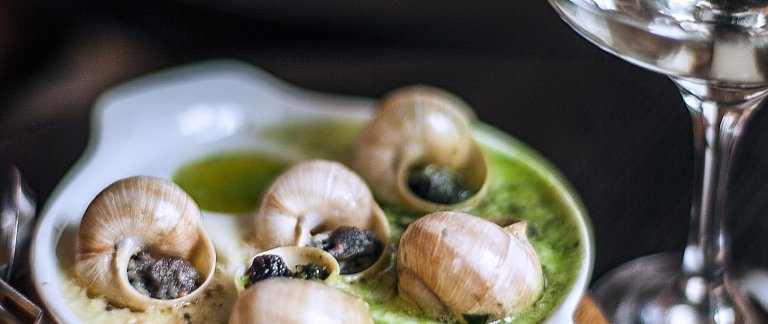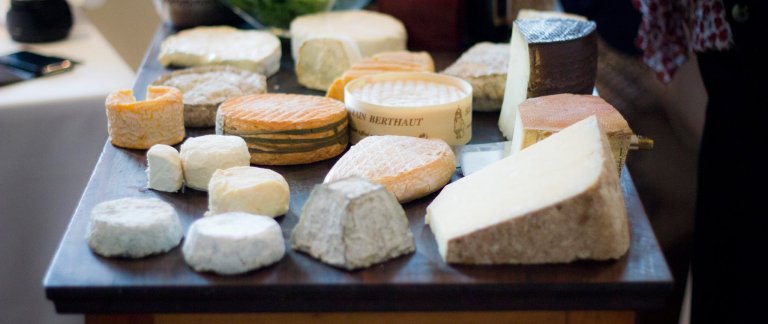

With its world-famous cuisine, picturesque villages, sweeping vineyards and influential culture, there's no wonder why France is one of the most popular destinations in the world! Here are some interesting and fun facts about the nation of France.

Numerous intriguing facts await those considering a visit to France! Within this article, we've curated a compilation of our top 10 favorite fun facts about the country.
French gastronomy is recognised as a UNESCO cultural heritage
The French consume around 40 litres of wine per person per year
In France you can eat a different cheese every single day of the year
It's illegal to throw out or burn food that is perfectly edible
Interested in visiting France? Explore some popular tours to France.
Because of its shape, France is also known as the Hexagone, and the French often use this nickname when talking about their country. In fact, the shape of France can be drawn in a six-sided shape, with which children learn to draw their own country from an early age at school. From north to south and from west to east, France is about 1000 km long, with a diameter of 1000 km.
Related: Explore all corners of the Hexagone on a Grand tour of France

France is famous for its gastronomy. Snails, beef bourguignon, coq au vin, tarte Tatin, wines, cheeses and many other exquisite dishes are well worth trying. This is why, in 2010, French gastronomy was added to the list of the intangible cultural heritage of humanity by UNESCO.

France is famous for its snails, also called escargots. The love of these slithery creatures remains a great mystery to the rest of the world, but the French love them! They eat about 25,000 tonnes of snails a year, or about 6.5 snails per person per year, usually cooked in garlic butter, chicken stock or wine.

Our dear french friends also like their wines. On average, they drink about 40 litres of wine per year per person. This means that in the whole country, about 26.5 million litres of wine are consumed per year. The figures have decreased though and continue to do so as they have been advised to consume less wine by the health authorities.

France produces more than 1600 different kinds of cheese. Many different types are produced such as soft, blue-veined, hard cheeses etc. Many are protected by strict regional labels and are a source of pride for the regions. As for the wine, the French are very fond of their dairy product and are therefore the most cheese-eating population in the world!

Since 2016, it has been forbidden to throw away food that is still edible. The rule was introduced to prevent food waste by making it more difficult to destruct edibles. In a country that loves food so much and is known for its gastronomy, this is not a world shocking law. However, should you choose to throw food away or burn food that is perfectly edible, you could find yourself in big trouble with the law.

This superstition probably dates back to medieval times. At that time, executions were still numerous, so the executioner did not have time to pass by the bakery before working. The baker would hold back a piece of bread by putting it upside down on the shelves of his bakery. For this reason, putting a baguette upside down is associated with death and misfortune.

Indeed, croissants are a Viennese style of pastry, which of course refers to the Austrian city of Vienna known as the birthplace of croissants, it comes in various shapes and sizes, The ancestor of the modern croissant was called the kipferl, which dates back to the 13th century.

With a total length of 29,000, the French railway network is the second largest in Europe (behind Germany) and the ninth biggest in the world. It is not surprising that their busiest station, Paris Gare du Nord, receives more than 214 million passengers per year. France was one of the world’s first countries with high-speed technology. In 1981 the TGV high-speed rail was introduced by the SNCF, the state-owned train company.

In 1910, a law was introduced in France prohibiting kissing in railway stations, especially on the platforms, to avoid delays and overcrowded stations. However, it has never been possible to find out what the penalties were for breaking these rules or how long this law was in use. Nowadays, there is no law anymore that forbids kissing in the train stations of France.
